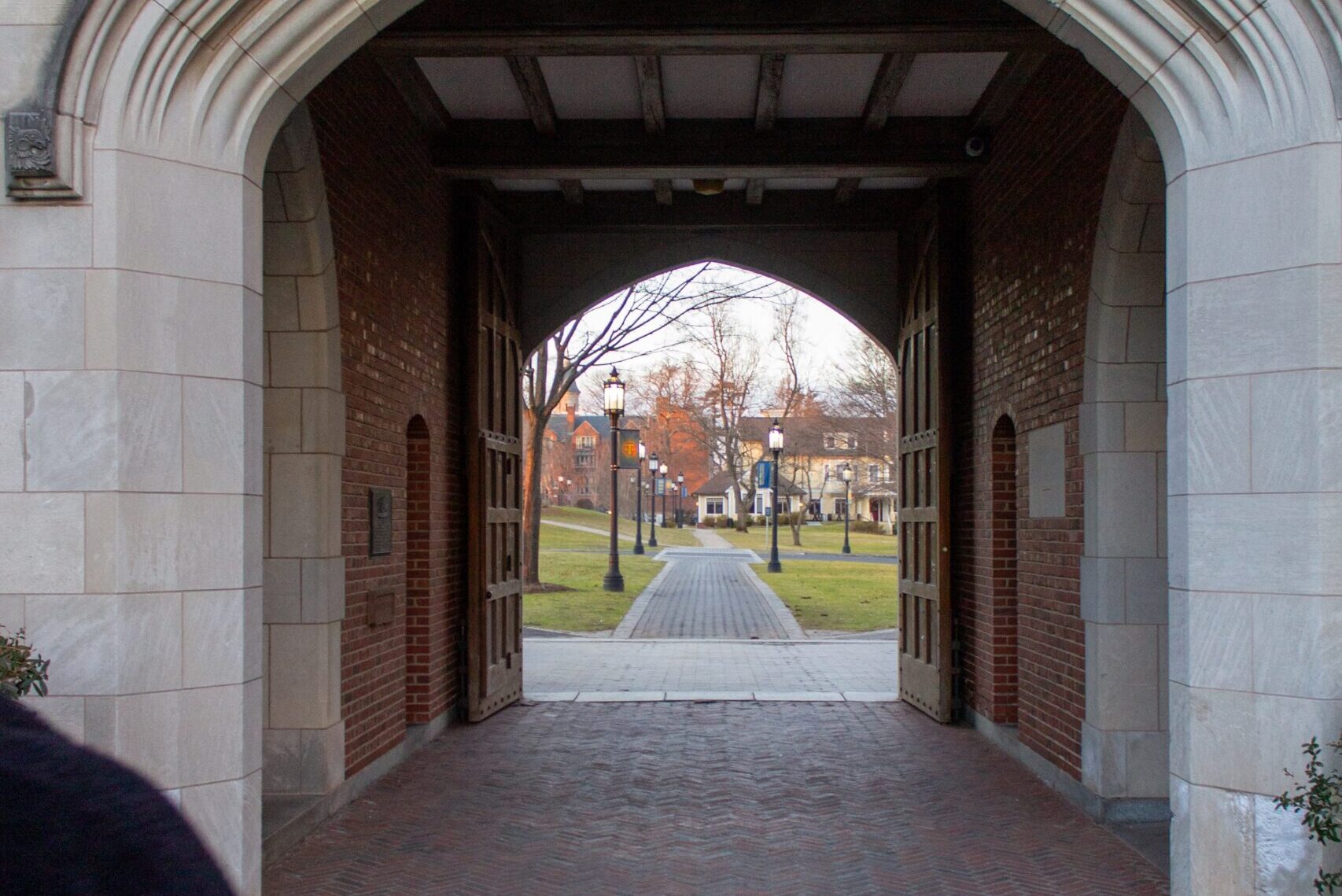Caitlin Doherty ’26
News Editor
On Dec. 30, 2023, the Department of Education opened the redesigned Free Application for Federal Student Aid (FAFSA) for the 2024-2025 school year. As of Jan. 30, over 3.1 million students have completed the new application, according to a press release from the Department of Education, which estimates that an additional 610,000 low-income students will receive Federal Pell Grants this year because of updates that have been made. Normally released on Oct. 1 of each year, the FAFSA underwent an intensive redesign after the passage of the FAFSA Simplification Act, which led to the significant delay in its opening date. The new design has streamlined the application, which now collects needed data directly from the IRS rather than requiring students to find and directly input their family’s financial information, which was a very time-consuming and confusing process for many applicants in prior years. It also expanded Federal Pell Grants and modified eligibility criteria to offer aid to more students. As one Trinity student reflected in an interview with the Tripod, “It took less time… and there were a lot fewer questions. I liked that it took the information from the IRS so I didn’t have to interpret my parents’ tax files.”
About 40% of Trinity’s undergraduate students receive need-based financial aid, according to the college’s website. In an email exchange with the Tripod, Executive Director of Financial Aid Ashley Dutton reflected on how updates to the FAFSA may affect Trinity students. “The changes being made to the 2024-2025 Free Application for Federal Student Aid (FAFSA) will make the federal aid application process easier for most families. Many will be able to complete the shortened form in less than ten minutes,” she wrote. “While the overall intention of the changes is good, the federal implementation has had numerous challenges and substantial delays. There are issues that have yet to be resolved, which is leaving some families unable to access the form.” The online FAFSA was only open at certain time intervals until Jan. 8, and numerous
other website glitches in the weeks following have made it difficult for many to complete the application. “The upcoming Trinity College FAFSA renewal deadline (February 15th) may be concerning for families who haven’t yet been able to access the form. While we encourage students to complete the form as soon as possible, we know that some families do not yet have the option to do so. We will remain flexible and continue to work with families to provide deadline extensions,” wrote Ms. Dutton.
Amidst these technical issues on the updated FAFSA website, the Department of Education announced on Jan. 30 that educational institutions will not receive data collected from the millions of FAFSA forms that students have completed until early March. Before this announcement, colleges and universities expected to receive this information only a day later on Feb. 1. In response to this significant setback, particularly compared to prior years when the FAFSA opened on Oct. 1, financial aid offices across the country are shifting their timelines to accommodate for these delays. The issues these delays cause are particularly prevalent for high school seniors and other students who must decide which institution they will attend for the 2024-2025 school year. While most applicants will receive admissions offers by the end of March, many schools will be unable to provide financial aid letters until much later. As of Feb. 8, at least 25 schools, including the University of California system, have announced they will not require admitted students to commit by the typical May 1 deadline, according to the New York Times. However, Trinity and other institutions that use the CSS profile, an online application overseen by the College Board that is used to award nonfederal aid, are much less impacted by the delays in receiving FAFSA data. “While we have no control over when Federal Student Aid releases FAFSA forms to Trinity, our aid team has continued to provide timely award letters for newly admitted students,” explained Ms. Dutton. “Utilizing the CSS Profile and our institutional awarding methodology, Trinity can create full financial aid awards, including estimated federal aid (where applicable), for those that the College offers admission. For our regular decision admission applicants, our May 1st deadline has not changed. We will be flexible for those waiting on award information from other institutions.”
Another new rule enacted for the 2024-2025 FAFSA which has been of concern to many families is the decision to no longer account for the number of family members who also attend college in the Student Aid Index, titled the Expected Family
Contribution in prior years. Informally known as the “sibling discount,” the Expected Family Contribution would be divided equally for each college student in the family. This “discount” provided significant support to larger families, yet the new FAFSA will no longer incorporate this when calculating the Student Aid Index. “New federal rules addressing siblings, who are enrolled at the same time, may create a loss of aid at institutions that utilize federal methodology (FAFSA). At Trinity, we use a combination of federal methodology and institutional methodology to award our students financial aid. While the federal rules have changed, our institutional decision to include siblings (who are enrolled full-time in an undergraduate degree program) has not,” wrote Ms. Dutton in response to the Tripod’s inquiry. Based on the Executive Director of Financial Aid’s reflections, it seems that Trinity students will not be negatively impacted by the changes that have been made to the Free Application for Federal Student Aid. “While the new FAFSA heavily impacts our operational timeline, the aid team proactively planned numerous contingencies in effort to limit the impact on our students and families. The team has remained nimble and continues to pivot as federal delays/challenges are announced. We expect to continue releasing award letters on time for both prospective and current students.”




Come on guys. “Respondsto” in the headline?